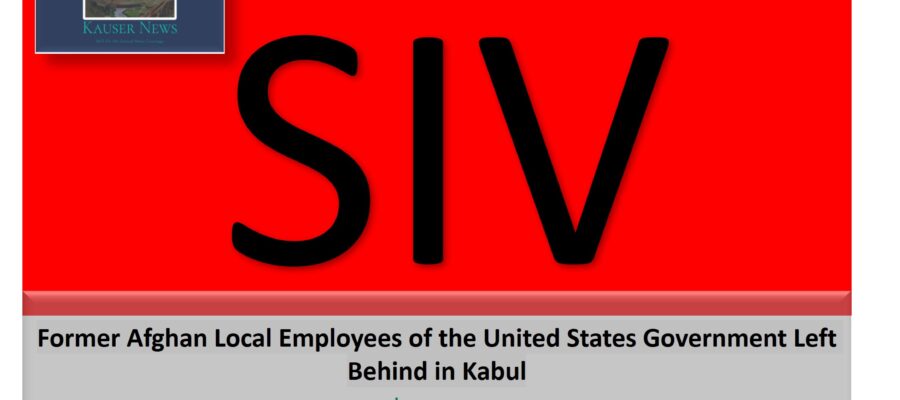The US withdrawal from Afghanistan in August 2021 left thousands of Afghans who worked for the US government in a state of limbo. These individuals, known as former Afghan local employees (FALE ), are now at risk of reprisals from the Taliban, who have taken control of the country.
There are an estimated 78,000 SIV who were left behind in Kabul. These individuals worked as interpreters, translators, drivers, and other support staff for the US military and government agencies. They put their lives on the line to help the US, and now they are being punished for their loyalty.
Many SIVs are hiding in Kabul, afraid to leave their homes. They are living in fear of being killed or arrested by the Taliban. Some have been able to flee to neighboring countries, but many remain trapped in Afghanistan.
The US government has a program called the Special Immigrant Visa (SIV) that allows Afghans who worked for the US government to come to the United States. However, the SIV process is slow and bureaucratic, and many Afghans have been waiting years for their visas to be approved.
The Biden administration has pledged to evacuate all Afghans who are eligible for SIVs, but the process is moving slowly. In the meantime, the SIVs who were left behind in Kabul are living in a state of limbo, with no clear path to safety.
The challenges that SIVs are facing are immense. They are at risk of violence, they are struggling to make ends meet, and they are suffering from mental health challenges. The US government needs to do more to help these individuals.
The SIV process needs to be streamlined and expedited. The US government should also provide financial assistance and mental health support to FALEs. These individuals have already sacrificed so much for the United States. They deserve our help.
Here are some of the things that the US government can do to help FALEs:
- Streamline the SIV process: The SIV process is currently slow and bureaucratic. The US government needs to streamline the process so that FALEs can be evacuated more quickly.
- Provide financial assistance: Many FALEs are struggling to make ends meet. The US government should provide financial assistance to help these individuals meet their basic needs.
- Provide mental health support: The experience of being left behind in Kabul has been traumatic for many FALEs. The US government should provide mental health support to help these individuals cope with their trauma.
The US government has a moral obligation to help the FALEs who were left behind in Kabul. These individuals put their lives on the line to help the United States, and now they are being punished for their loyalty. The US government must do more to help these individuals find safety and stability.





